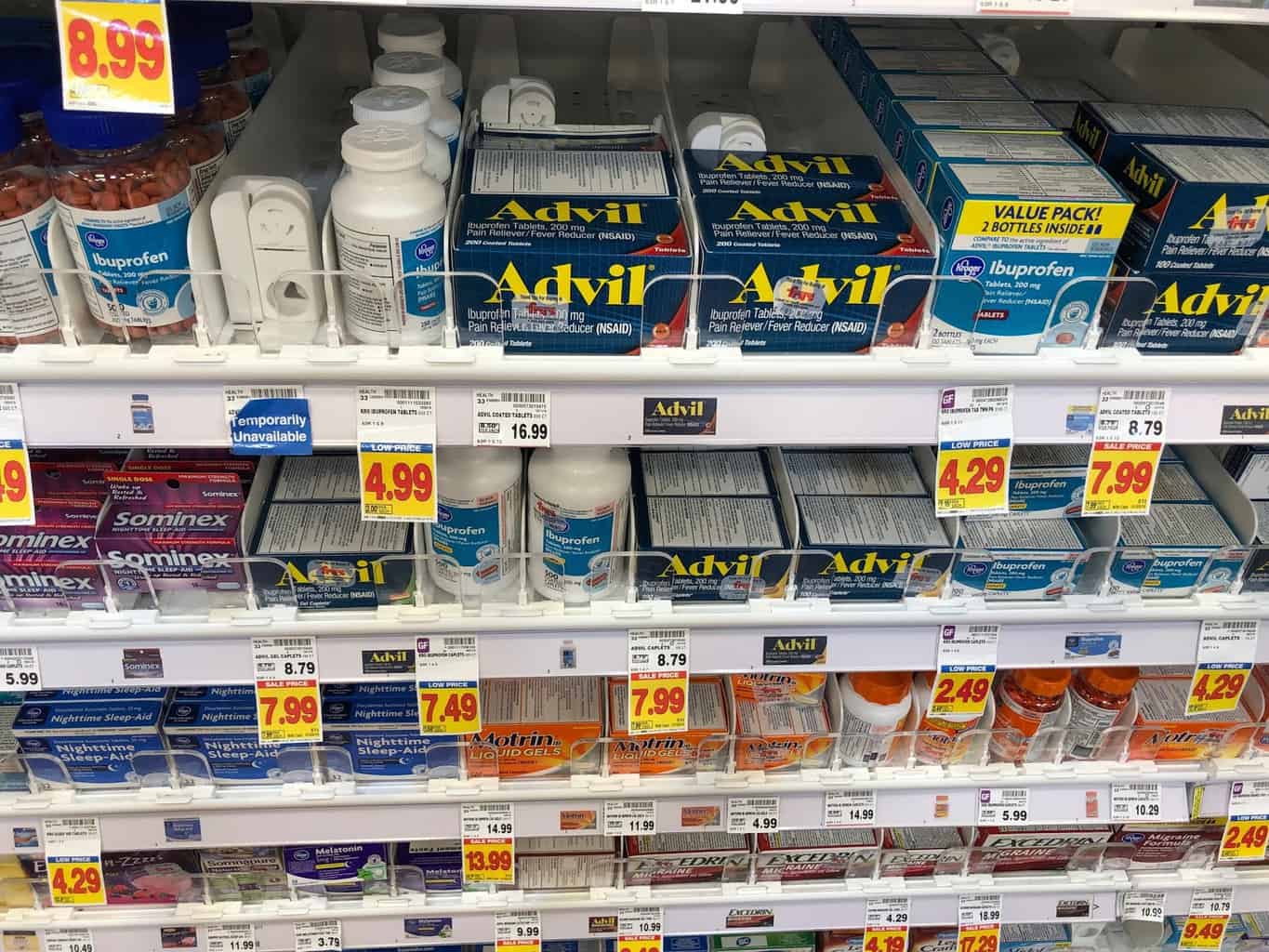
It’s used all the time for pain relief, but here’s what it’s secretly doing to your testosterone levels…

—-Special Message From Lisa—-
THIS increased my husband’s testosterone levels by 430 ng/dl – to almost 1000 — in just 20 days!
Hey, I’m Lisa, the wife of one of Matt Cook’s students. And I wanted to ask you men out there…

Do you ever feel like you’re exhausted all the time?
Like you get out of breath quickly and have no energy to workout?
Have you ever woken up to no morning wood…
… two, three or even six times a week?
Well, until just a few weeks ago, that was my husband.
He was feeling so exhausted at the gym… and his libido had all but disappeared…
Then I discovered this weird yet safe and simple male health marvel…
And in just 20 short days…THIS male vitality breakthrough unleashed a flood of male sex hormones throughout my husband’s body…
And his blood levels of testosterone jumped from 276 ng/dl to 706 ng/dl…
A 162% increase!
———-
Low testosterone? This over-the-counter treatment could be why
Diclofenac is a common nonsteroidal anti-inflammatory (NSAID) treatment often sold under the name Voltaren.
The widely used treatment has been linked to a 50% increase in major cardiovascular events such as heart attack and stroke.
A recent study looked at the effect of diclofenac on testosterone.
The study found that diclofenac lowers testosterone and could cause reproductive problems.
The results are not surprising as most of these types of painkillers have similar effects.
(The exception being aspirin.)

These researchers did animal experiments at the Department of Physiology, College of Health Sciences, University of Ilorin, Nigeria. The journal Toxicology Reports published the results.
Diclofenac use is strongly associated with an increase in heart attack and stroke.
But there is little research on the effect of diclofenac on the male reproductive system.
“There are several reports on the toxic actions of sodium diclofenac, yet there is little information on its effect on the male reproductive system.”
This study looked at the effect of diclofenac on rats over a period of six weeks. The researchers used four groups with five rats in each group.
“We investigated the effects of diclofenac in male rats. 20 male rats were used in the study, which lasted for six weeks.”
Testosterone levels were significantly lower after six weeks of diclofenac use – compared to rats that were not given diclofenac.
“Diclofenac caused significant decreases in testosterone.”
The treatment also caused problems with sperm production.
And the hormone prolactin was also increased – never a good sign.
“Diclofenac caused a significant increase in prolactin.”
They gave one group of rats diclofenac for three weeks.
And they tested them for another three weeks after stopping the treatment therapy.
(The researchers called this “diclofenac recovery.”)
Things actually got worse for the animals after they stopped taking diclofenac.
“Diclofenac recovery showed more adverse effects on prolactin, testosterone, and semen parameters (except sperm motility).”
The treatment is toxic to the male reproductive system, at least in rats.
And, weirdly, the effects get more severe when the treatment is stopped.
“The reproductive toxicity effects of diclofenac seem to escalate after withdrawal.”
In the experiment, the researchers also looked at the effect of melatonin.
Melatonin is a hormone produced in the body.
Many people use melatonin supplements to accelerate the onset of sleep or to deal with jetlag.
Melatonin is also an antioxidant…
And many of the side effects of diclofenac may be due to the drug increasing oxidative stress.
I think we all know that oxidative stress is counteracted by antioxidants.
So the researchers were curious to see if melatonin could mitigate any damage caused by diclofenac.
Melatonin had a protective effect on sperm in the animals given diclofenac.
“Melatonin reversed the adverse effect of diclofenac on sperm count, sperm motility, and sperm morphology.”
The sleep hormone was effective at preventing the oxidative and inflammatory effects of diclofenac.
“Melatonin attenuated the pro-antioxidant and pro-inflammatory effects of diclofenac.”
Unfortunately, the researchers did not look at the effect of melatonin on diclofenac withdrawal…
Melatonin has a number of negative side-effects – which means it should probably not be the first choice as an antioxidant.
Previous research had shown that other antioxidants can protect against damage from drugs in a similar class to diclofenac.
For example, vitamin C has numerous protective effects against acetaminophen and ibuprofen.
The mechanisms are probably similar to how melatonin works to counteract problems with diclofenac.
Diclofenac is harmful to the male reproductive system.
And antioxidants such as melatonin could offer some protection.
“The reproductive toxicity effects of diclofenac seem to escalate after withdrawal. These effects could be attenuated by treatment with melatonin.”
You should always consult a healthcare practitioner about diagnosing and treating any health-related problems.
—-Important Message From Our Sponsor—-
This natural food ingredient relieves joint pain and arthritis

Scientists have discovered a specific food ingredient that provides your joints with everything they need to naturally:
- Reduce swelling
- Increase flexibility
- Repair tissues
- Erase pain
And what really shocked me is that this ingredient helped 87% of study participants soothe their joint pain, in a study conducted by The Canadian Medical College.
They also concluded that this ingredient works better than CBD Oil. Amazing!
Find this pain-relieving ingredient in these delicious foods.
———-
